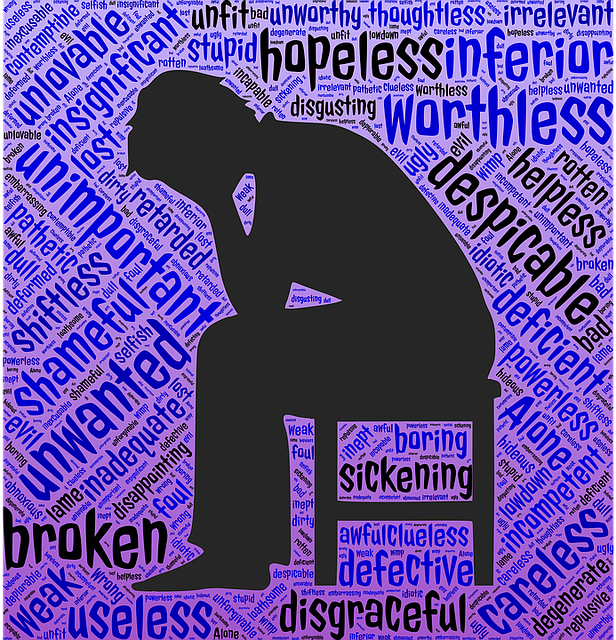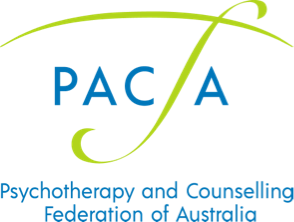What is Shame?
The discomfort of shame – is it useful? Shame is a universal human experience that most of us have experienced at one time or another. It can range from mild embarrassment to the acute states of panic or paralysis. Although shame is a very uncomfortable emotion to feel it does serve a purpose. In essence shame arises in order to modulate our behaviour, it stops us from doing or saying things that may hurt ourselves or others. So although it is uncomfortable, the feeling of shame is worth tunning into.
On the other hand when shame becomes a constant underlying feeling that holds us back in life for fear of being seen, then the shame response is no longer useful, it has become debilitating. Shame experienced in this form feels more like it relates to my sense of ‘being’ rather than ‘doing.’ Unlike guilt which informs us that we may have “done a bad thing” there is still a sense of retribution. On the other hand unhealthy shame is internalised as who I am “I am bad” which creates a sense of great vulnerability and hiding with no possibility for redemption. When experienced in this way shame leads you to disown you needs and can become the catalyst for many complex inner states such as, depression, alienation, self-doubt, isolating loneliness, perfectionism, a deep sense of inferiority, inadequacy or failure.
How does this happen?
Unfortunately in some families, work places, schools, community groups etc active shaming can be used to control how one behaves (either consciously or unconsciously). We may have found ourselves in a position (especially as a child) where our needs were continually neglected, ridiculed or openly denied, causing us to feel isolated, shunned and ashamed. Belonging is one of our most primal needs for survival and shame is closely connected to a feeling of not belonging. Thus, in order to belong we begin to disown our differing needs, wants, thoughts and opinions so we can fit in and feel safe.
To heal from unhealthy shame one needs firstly know how to gain the relevant support from them-selves and others they trust, so they can take the risk to feel, express and validate their needs in order to live a more fulfilling life, free from unhealthy shame.






